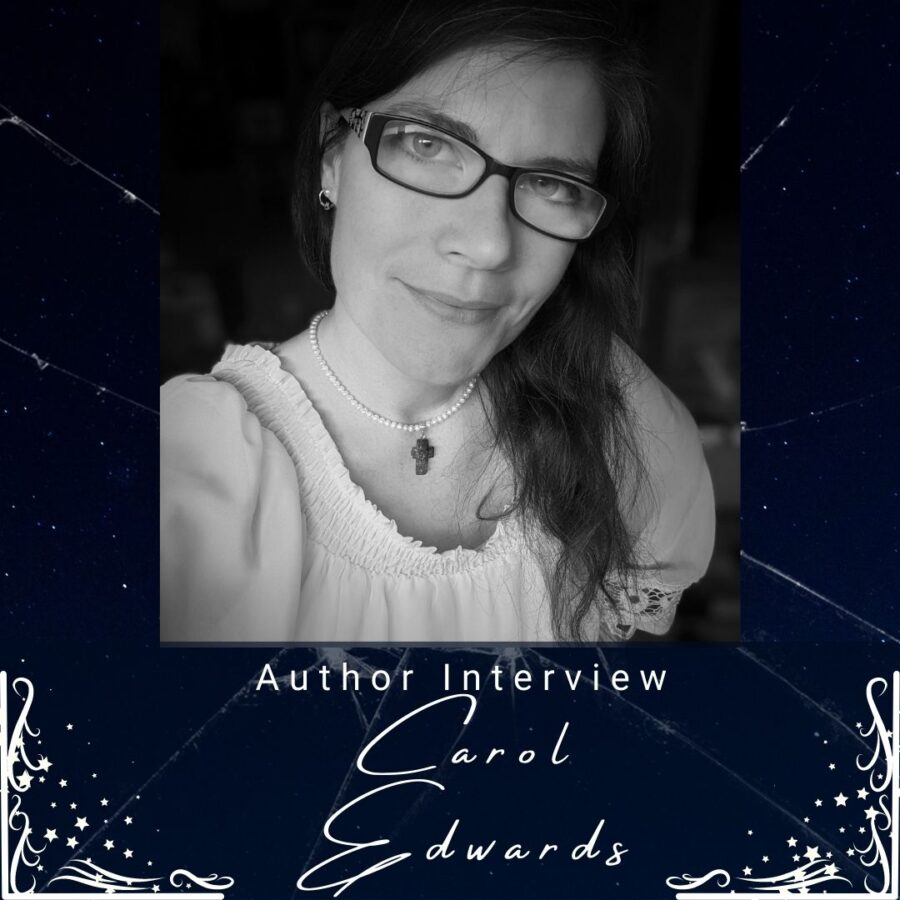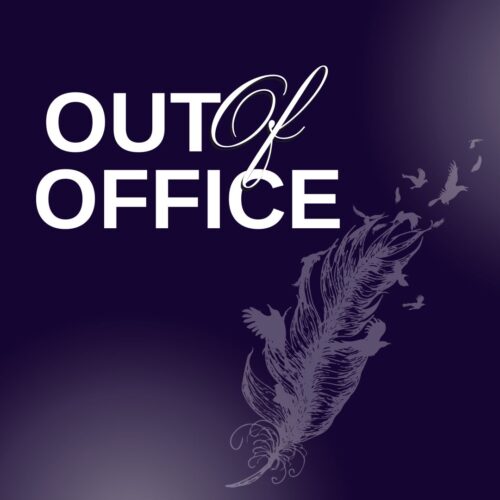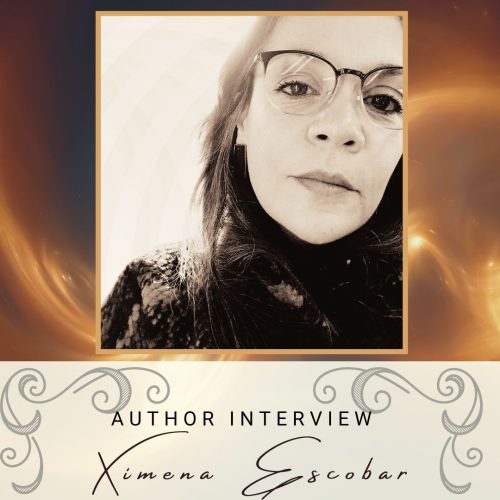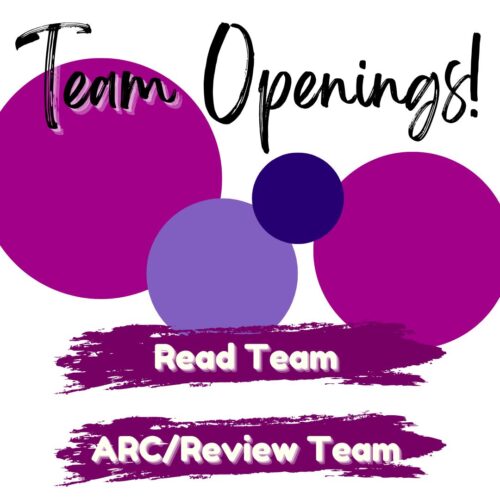In your acknowledgements, you speak of a bit of feedback from one of your first readers. Could you elaborate on that feedback and how it influenced how you approached this project?
I sent a very early version of The World Eats Love to one of my beta readers, who has also been my safe reader for over three years. When she was halfway through, she emailed me to say:
“This book, this collection of emotions calling me out, and making my eyes burn. It’s beautiful. I’ve read so, so many books of poetry in my lifetime, and none have resonated so well within me. I appreciate you so much, and I appreciate that you’ve written this.”
Later, when she’d finished reading it, she emailed again:
“I feel like you peeled back my skin to expose my mind. It could be similar life experiences, but I connected to this collection on so many levels. It was fun to read your work one at a time, but there is a real cohesion to the manuscript. “Instructions to Break Your Own Heart” is amazing. And I remember reading “Trains” a long while ago, and I’m still moved by it…. [and] I really, really liked the Lasts.
From a high level, and forgive me if this sounds weird, I feel like the collection is intelligent emotion. Things that we feel but dissected and analysed and absorbed philosophically and psychologically.”
Since this collection has a lot of poems she’d already read in draft form, hearing these things from her about their final version, and about poems I’d never sent her to read, made me re-examine whether I’d subconsciously selected and organised poems that not only reflect various aspects of broken hearts, but also convey compassion for them.
My desire going into this project was to create a collection that resonated with the reader at a deeply affecting level, because that’s what poetry does for me, and why it means so much. It can capture a single moment or thought or feeling, and it can flesh out that experience in such a way that connects with other people across distance, time, and culture. But not just connect – they find themselves living in the emotion of another person, and it unites them in that shared moment, something from inside their own mind that exists in another’s mind. It’s a form of walking a mile in someone’s shoes, more recently termed “radical empathy.”
Great poetry, to me, doesn’t just follow the rules of its form (if there are rules) without sounding contrived. It also evokes a reaction in the reader, often one the poet doesn’t expect. Something inspired the poet to write it, yes, but the poem is also about what it says to the reader: about them, about people, about the world, about life or life after. So when someone reads one of my poems and asks me what inspired me to write it, I like replying, “But I’d like to know what the poem said to you.”
Several of the poems deal with some rather dark and deeply personal events. Did you ever anticipate sharing them? What was your thought in including them in this collection?
I did, but also did not. One of my poems on death, “Depth,” dedicated to my deceased childhood friend Ashlee, also to whom the whole collection is co-dedicated, propelled out of me a few years after she passed. Ashlee’s FB page is still active, and occasionally posts from people she knew appear in my Feed. Each time it happens, I feel like a fist punches my diaphragm, and that particular day I reached for my notebook to write my thoughts in verse.
Some months later, I submitted “Depth” (among a few others) to POETiCA REViEW, and they accepted it, to my surprise, but I was glad it would be out there to help anyone else grappling with a sudden death.
Then, astoundingly, Ashlee’s mother reached out to me a few months ago to tell me she finally read the poem, and how God used it to help her with some difficult feelings. That was an extraordinary moment: a member of the immediate family being helped by my little grief poem. “Depth” was already on the short list to be included the manuscript, but that email confirmed it had to go in.
“Groomed” on the other hand, I wrote in response to an old sketch I did about 16 years ago. I was looking through a small, half unused sketchbook at these two-dimensional, faceless female body outlines, I started thinking about body image and self-esteem, and being programmed by visual media and music and books to look and behave certain ways to elicit attention, even if the kind of attention we’re getting isn’t what we truly want just what we think we want, and the aftermath of mistaking sexual desire for being truly valued. Then “Groomed” came out.
I almost didn’t put it in the collection, honestly, but I kept seeing the hurting hearts of women I know and hearing them say the same things I wrote. So, I chose to put it in.
Other poems came from sitting with dark topics and using my (heavily active) imagination to put myself inside them, tapping into what life experience I do have with things like manipulation, or intrusive thoughts, or abuse, or monstrous people, and then writing down what word strings come out, just pulling and pulling until it’s all on the page.
Where do you find you do your best writing? Is it a specific place; a mindset; a mood?
This may sound odd, but ever since I read Julia Cameron’s The Right to Write, I’ve found I’m where I do my best writing, no matter where I am. I call it “word strings” when I sense a poem coming on – the words form in my head, and if I get two or three lines, I know for sure there’s more, and I tuck myself away to type it into my phone, or if I have my notebook on hand, write it down. I sometimes drive my family a little nuts: I’ll be walking with them in a park or in a sculpture garden or a grocery store, and suddenly I’ll vanish around a corner to get something out so I don’t lose it forever.
However, hand writing my poems seems to do something for me that voice-to-text or typing doesn’t, something tactile connecting me to the texture of page and pencil. This is something Cameron mentions in her book, and as a child of the 80’s and 90’s, I grew up without a cell phone, and didn’t have a computer until junior high, so hand writing ties to something deep in my psyche.
I also find that being alone is more conducive to pulling word strings from inside my head, compared to trying to do it with someone talking to me.
Plotter or Plantser? When you write, are you intending to tell a specific story, or writing in the moment, from the heart?
I’d say 98% pantser. When I write, it’s often to tell the story of what I’m feeling in my heart that moment, wherever it came from. Most of the time, the word strings start from what’s happening at the time, whatever I’m doing or wherever I am, what I’m seeing and/or hearing or even smelling. The other 2% accounts for loosely planning to write a poem when I experience something, a piece of art or a film or another poet’s work, or even a joke my husband made about dragons in the attic, and I think to myself, “I want to write about that.” It also accounts for when I learn a new poetry form and play around with it, or when I’m in editing mode.
You chose to end the collection with a short fiction story. What inspired you to include that?
The poetry I chose for the collection inspired me to include it. It took me a few months to assemble the poems I wanted to use, but once I was done and arranging them in the order I felt made the most sense, I realised a big theme, if not frequently mentioned, is the longing to belong, to be accepted and safe and loved. The world may eat the loves we carry for people, places, memories, and dreams, but we all still long for the love that isn’t devoured by lies or abuse or rejection or death. I wrote “The Lonely Shoes” in 2006, so it’s been in the back of my mind as something to possibly send out in a submission, or post on my own blog. When I realised it tied in with so many of the themes in TWEL, it made perfect sense to include it.
What can readers expect to see from you in 2023 and beyond?
I’m still submitting poems to online and print publications, so stay tuned to my Instagram @practicallypoetical and Facebook page @practicallypoet. I usually announce the day something is published.
I have a few poems already accepted to different places so far this year that are not yet released, but hopefully soon: one poem in Evermore 2 from The Raven’s Quoth Press; two poems in #SPIRIT, an elemental anthology from White Stag Publishing; three poems in Ode to Love from The Quilled Ink Review; and one poem in The Post Grad Journal: Issue 5 (online only).
I also have a poem being published in UNDER HER EYE, a Women in Horror poetry showcase from Black Spot Books, releasing in November 2023. It’s my first time appearing in a horror anthology, which is exciting in of itself, but especially since this is charity project, and the proceeds (ongoing) will be donated to The Pixel Project to help fund efforts to end violence against women worldwide.
I’m working on a second poetry collection, title TBA probably in 2024, that I think will be more on the speculative spectrum than what I’ve published previously. Any updates will be posted on my social media accounts.
What advice would you give an aspiring poet?
- Read all the poetry, all sorts. Not only will you enjoy it (because poets like poetry, yes?) but you’ll learn about how to express the same feeling in drastically different ways, you’ll discover what styles you really like, and you’ll find what forms you’d love to master, even if they’re difficult for you.
- Try all the types of poetry. When you feel the words start forming in your head, you have permission to write it down, however it’s phrased, even if it’s redundant, even if you don’t like it. You can go back and edit it later, or you can use lines of it for an entirely different piece. You can do something with a bad poem written down; you can’t do anything with a possibly good poem never written.
- Editing is one of your greatest friends. You are never obligated to keep something the original way you wrote it if you like it better after editing.
Caveat: there is something to be said for how you originally wrote something. If you find yourself struggling to edit your poem while keeping the pace and flow, look back at how you originally wrote it. You may find your subconscious knew what it was doing, you just need to move a word, or take one out.
I strongly recommend The Right to Write by Julia Cameron as a great way to address your inner doubts. An actor/poet acquaintance gave it to me as a gift, and when I finally read it ten years later, it jump-started everything I’ve been doing with poetry since 2019.
You know “Last. Words.” is my favourite piece. What’s your favourite line (or lines) you wrote for the project?
I rarely have a favourite of something, but reading this question, the line that first popped into my head was:
Love
the only thing, I realised
that walks on its own
emaciated to skin and bones
– from “Undead”
The above part of “Undead” came from thinking about an immortal creature simply unable to die (not originally my idea). What would that look like? Would they be able to be injured, or contract diseases? If they were injured, would their body just not clot blood to stop the flow so they keep bleeding out, but couldn’t bleed to death? Would the effects of blood loss affect them, remain with them constantly? What if they got sick? Would their body painstakingly shut down, atrophy to immobility and ceaseless agony until they just lie on the ground in a deranged insanity, trapped in their own mind?
And then we call love eternal, undying, lasting forever.
It expresses that love can be more like a zombie than an angel, which is another way to interpret the collection title.
The second line that came to mind was:
The red thread from my heart knit
Into something you hide yourself in
– from “Old Sweatshirt”
The “red thread of fate” comes from China and Japan: it’s tied from one person to another, someone you have an important story with across place, time and circumstances, often romantic, and while the red thread may tangle or stretch, it will never break. Western culture’s “soul mate” idea is similar.
One day the thought of weaving that thread into something like a hoodie (perhaps because I have a red hoodie) popped into my head, and within minutes I’d written “Old Sweatshirt.” It expresses grief for a love had, or nearly had, but not anymore, and how someone carrying that loss might want this tangible thing knitted of the fate thread finally cut, now only tied to their finger, feeding into a sweatshirt the person hides in – to escape reality, to find comfort, to relive memories, to sleep until the day they wake up from their hazy nightmare and rebuild.
What’s the one thing you most want readers to take away from reading The World Eats Love?
I know several people who dismiss dark poetry as overly sensitive or “angsty,” and I’ve had a couple people tell me the cover and/or the poems in TWEL appeal to their “inner drama queen.” But I think dark, sad, poignant poetry has a beautiful and needed place. The first dark poetry collections I ever read were The Place of Broken Things by Linda D. Addison and Alessandro Manzetti, Howl and Other Poems by Allen Ginsberg, and Letters to a Stranger by Thomas James. All entirely different styles, all different sub-genres, some much more graphic than others, but they had the same themes in common: the universality of suffering, and the pain of the human heart. I’ve found that hurting people feel great solace with individuals who understand, on a deep level, their emotional wounds, because they’ve experienced it themselves and treat that pain, and therefore the person, with compassion.
If readers take away one thing from TWEL, I’d hope it would be a kind of comforting reassurance that their pain is recognised, sat with, cared for.




